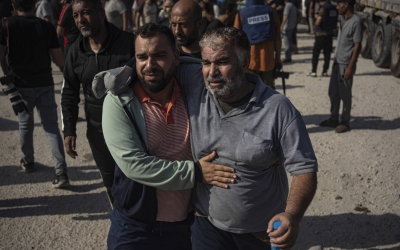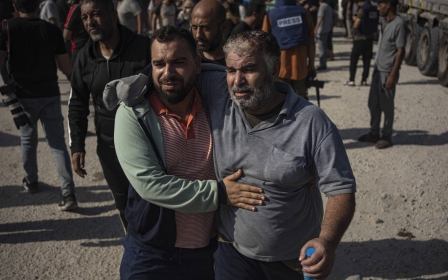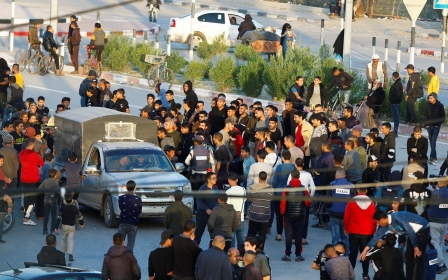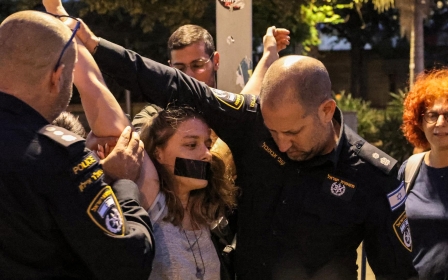Israel-Palestine war: Malawi sends labourers to Israeli farms amid shortage of workers
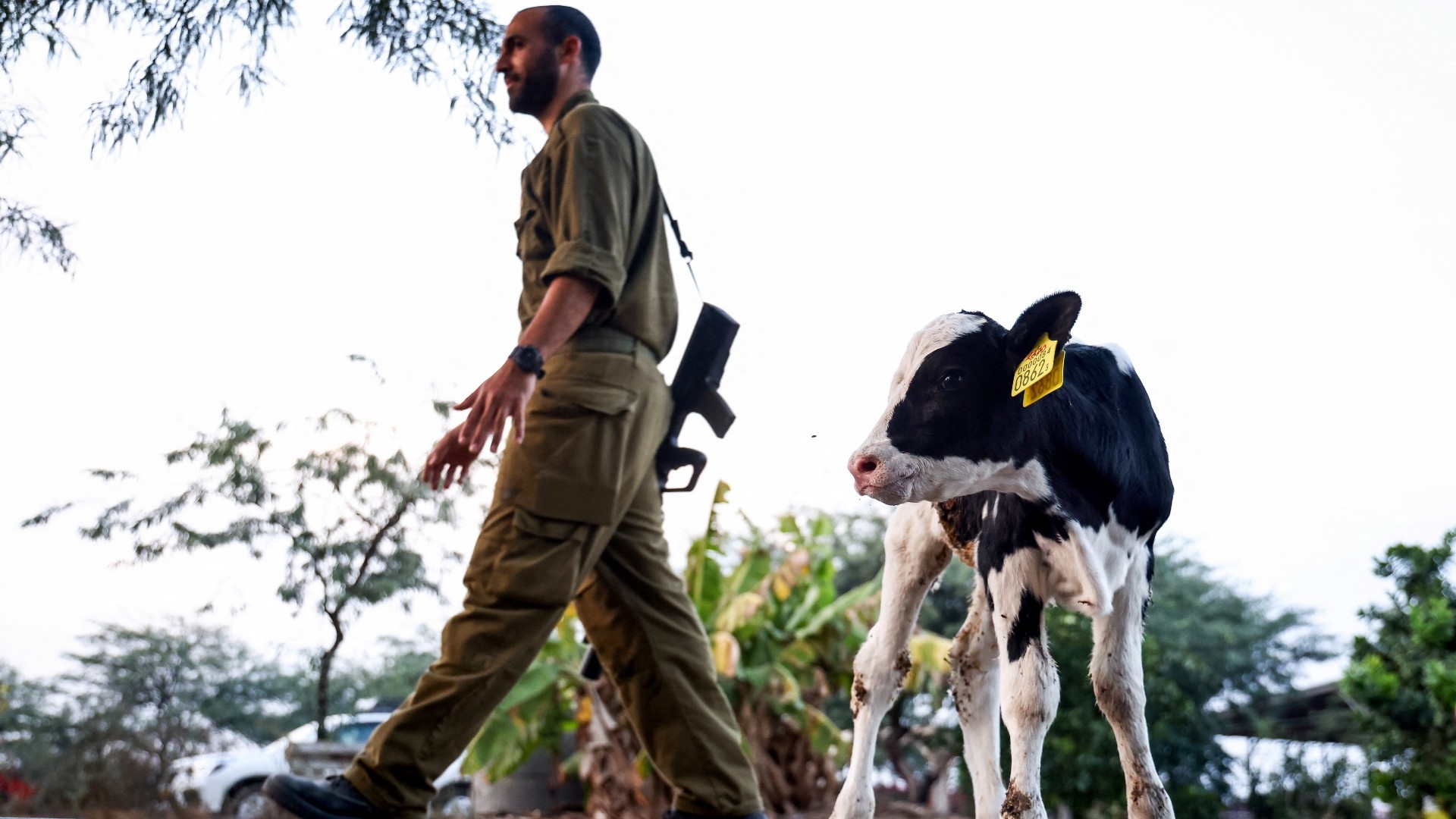
Malawi has sent several hundred labourers to work on farms in Israel, as the country struggles with a labour crisis sparked by an exodus of foreign workers following the Hamas-led attack on 7 October, the Malawi labour ministry has said.
A flight carrying 221 youths left the southern African country on Saturday for Israel with more expected to follow, the ministry said on Monday, according to Voice of Africa.
The announcement comes after Israel said it would give a $60m aid package to Malawi in November.
Malawi, one of the poorest countries in the world, has been gripped by a cost-of-living crisis. High inflation, curbs on fuel imports and shortages in foreign exchange reserves, have seen Malawi's President Lazarus Chakwera suspend all international travel for himself and his government in November in a bid to save money.
Critical shortages in Malawi of "lifesaving commodities", including fertilisers and pharmaceuticals, pushed the World Bank to approve a $60m grant to the country last month to help boost economic growth.
Stay informed with MEE's newsletters
Sign up to get the latest alerts, insights and analysis, starting with Turkey Unpacked
Israel was one of several countries targeted by Malawi’s labour export programme aimed at boosting youth employment and generating foreign exchange, the Voice of Africa said, referring to comments by Malawian secretary for labour, Wezi Kayira.
In the wake of the 7 October attacks in which Hamas-led fighters killed around 1,200 people and took over 200 captive, Israel lost 10,000 foreign workers - a third of its total foreign workforce, according to The Times of Israel.
More than 50 foreigners, including 39 Thai farm labourers, were killed in the attack, according to reports and the Thai government.
Israel has since imposed a total siege on the Gaza Strip and launched a relentless bombing campaign killing more than 15,000 people, the majority children and women.
Thai labourers recalled
Among those taken hostage by Hamas were foreign labourers, including 26 Thai workers who form the majority of Israel's foreign workforce.
During the seven-day truce that ended on Friday, 17 Thai workers were released following negotiations with a Thai intermediary.
Thailand's foreign ministry issued a request urging all Thai workers living in Israel to return to the country as quickly as possible, sparking a labour shortage.
The labour shortage has been compounded by Israel's revocation of work permits for Palestinian workers. In November, Israel's construction sector asked the Indian government to allow companies to hire up to 100,000 workers from India to replace 90,000 Palestinians who had lost their work permits, according to a report by Voice of America.
As well as seeking labourers from abroad, Israel issued a call for volunteers to help farmers from kibbutzim near the border with Gaza.
Although Kayira said the two governments would work together to ensure the labourers were working at locations classified as "fit and safe," the decision has not been without its critics.
In a statement published on its Facebook page on 24 November, Malawi’s Human Rights Defenders Coalition (HRDC) criticised its government for “keeping secret the plan to send young people to work in fields in Israel”.
“The government should bring to the public what it has agreed with Israeli companies, saying that it is necessary for people to know the contents of the agreement in order to avoid facing problems when they get there,” the chairman of HRDC, Gift Trapence, said in the statement.
HRDC also raised concerns about a report in The Guardian revealing that some migrant workers were unable to return home to their families after the October attacks because they were riddled with debt from high fees – sometimes tens of thousands of dollars – they were made to pay by recruitment agencies before travelling to work in Israel.
The HRDC has said that it will investigate how the deal was brokered between the two countries.
Middle East Eye delivers independent and unrivalled coverage and analysis of the Middle East, North Africa and beyond. To learn more about republishing this content and the associated fees, please fill out this form. More about MEE can be found here.


